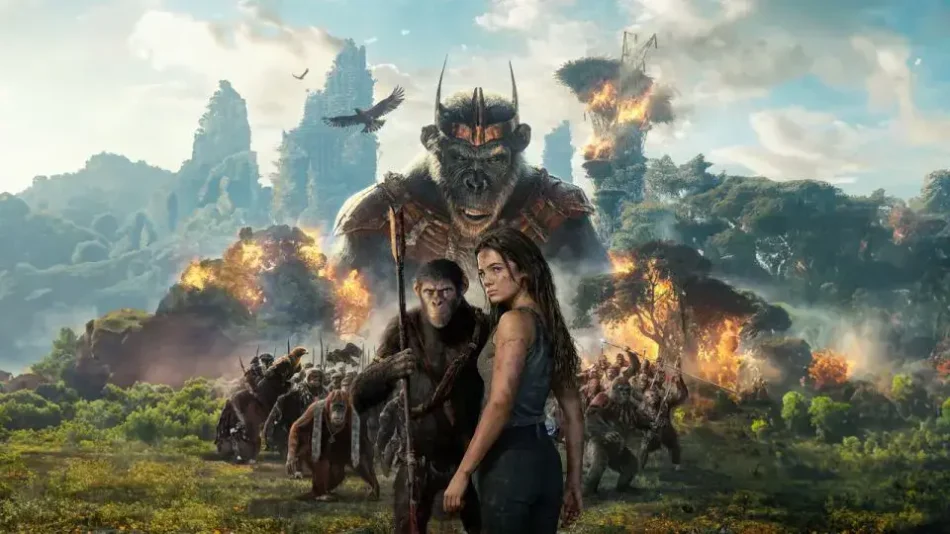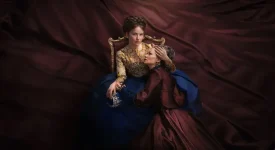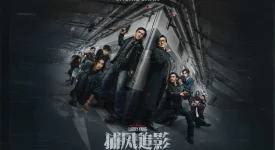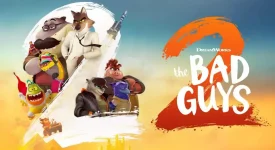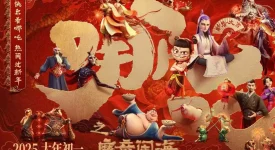(may contain spoilers)
Douban rating: 6.1
Director: Wes Ball
Starring: Owen Teague, Freya Allan, Kevin Durand
Douban Comments: “The pacing is slow, and it’s clear the director wants to explore the relationship between humans and other species, but the message isn’t very clear. The female lead really exposes the selfishness of humans, with ideas like human-centered thinking and the belief that the world belongs to humans. I don’t think New Caesar did anything wrong – he was just a failed dictator in a slave society. On the other hand, I feel that Noa’s narrow focus on his own species shows limited vision, but that’s how he was raised. The handgun tightly gripped in the final scene is also quite ironic.”
“The apes didn’t rise this time; instead, it seems like humans are the ones on the rise. Despite having gained intelligence, hundreds of years have passed, and the apes are still stuck at a primitive tribal level of technology. This ‘new’ ape protagonist exploring a city for the first time feels like a cliche setup, and the director stays in their comfort zone, almost turning the movie into a teen ape adventure film. The new ape lead isn’t a likable character, and the story drags in the middle. No matter how long the runtime is, it doesn’t make it an epic; it just adds more boring parts. The conflict in the third act is resolved purely by the writer’s whims and cleverness, as the main villain conveniently forgets he has a bunch of muscle-bound ape henchmen. The film’s highlight might be how realistic the apes’ fur looks – just like how every piece of metal in Transformers has realistic reflections – but that doesn’t do much to actually improve the quality of the movie.”
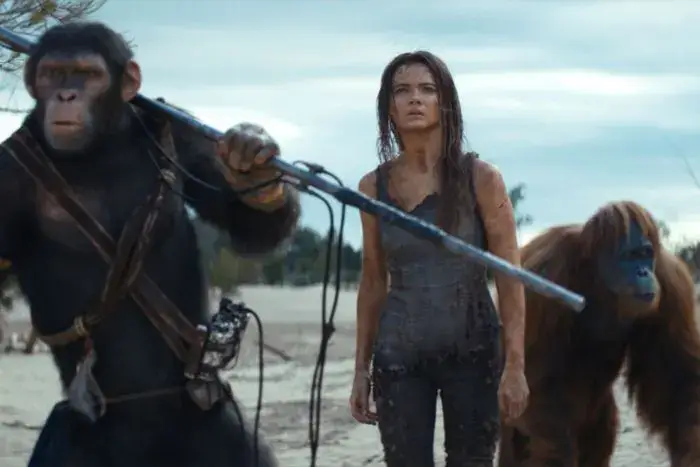
“The film has a serious storytelling approach and isn’t just mindless popcorn entertainment. It’s tight and thrilling throughout, with impressive post-apocalyptic visuals and top-notch special effects. It exceeded expectations. It expands the themes to explore the coexistence and long-standing conflicts between humans and apes, moving beyond simple tribal conflicts and family revenge.
The narrative adds depth through various characters’ differing perspectives, showing the complex nature of humanity versus the straightforward nature of apes. The protagonist ape, caught between these conflicting views, struggles with his ideals but remains good-hearted. This dynamic is engaging, and it raises questions about the future of human and ape relations, and whether Caesar’s vision was merely a utopia.
The film does feel somewhat like a ‘trailer’ for future developments. The experiences of the main characters might seem a bit repetitive on their own. The real antagonist is not a false Caesar but humanity itself. The apes need to advance their technology quickly and defeat humanity for the real ‘Rise of the Planet of the Apes’ to begin. I’m looking forward to seeing how the series develops from here.”
“Mixed feelings. On one hand, it’s surprising and impressive that Hollywood, even in its current sad state, can still produce a serious, well-made blockbuster – one that has a proper creative attitude, immersive and aesthetically pleasing visual effects, and isn’t just a money-grab. That’s rare.
But on the other hand, this new film doesn’t even qualify as a ‘lite version’ of the original trilogy. It’s 140 minutes long, but the plot is scattered, the storytelling is slow, and the character actions often don’t make sense. It’s hard to accept.
Why, in the hundreds of years after Caesar’s death, have both humans and apes regressed instead of progressed? The apes no longer read or use guns, and have reverted to closed-off tribal or feudal societies. Humans have lost the ability to speak, regressing to a primitive state – while a separate group of humans still seems to retain advanced technology. The film gives no explanation for this, making it confusing and unconvincing.
It’s not strange for the apes to want to develop their culture and technology – that’s a natural desire. But the movie insists on turning this goal into something sinister by giving it to a new dictator-like character, which feels cliché and unoriginal.”

